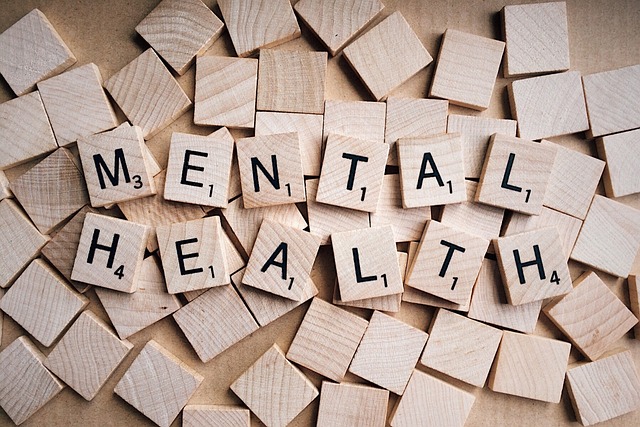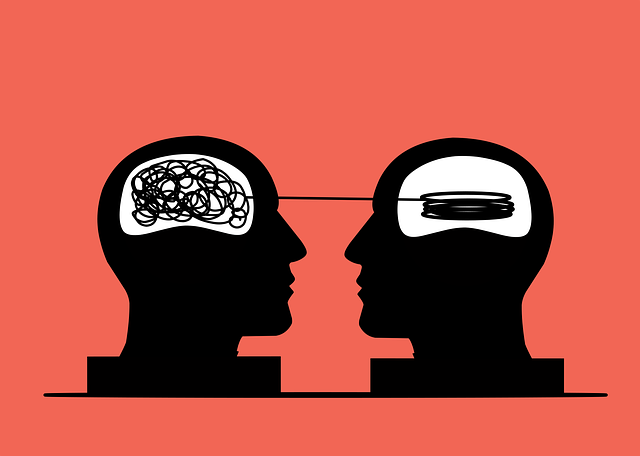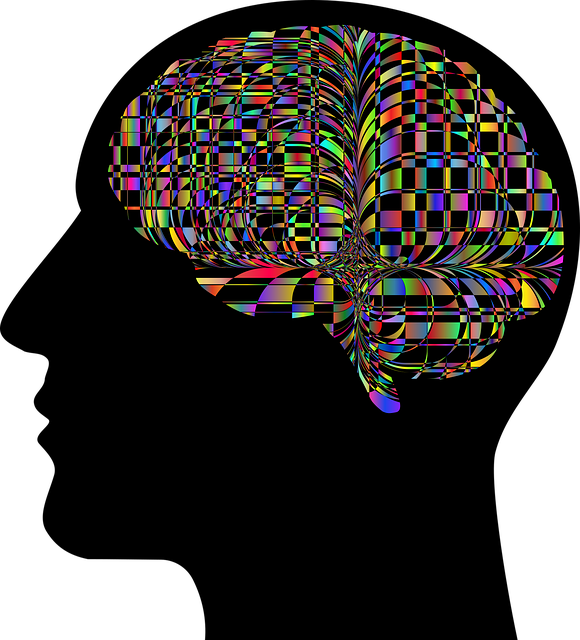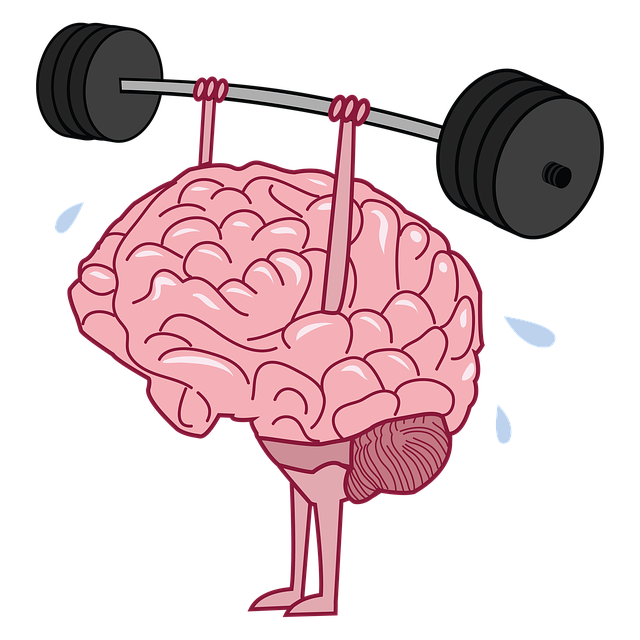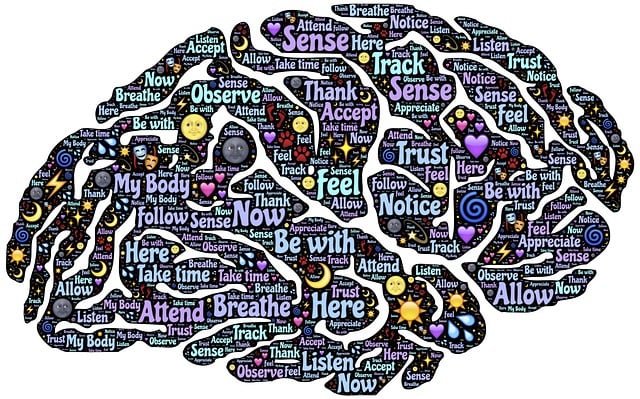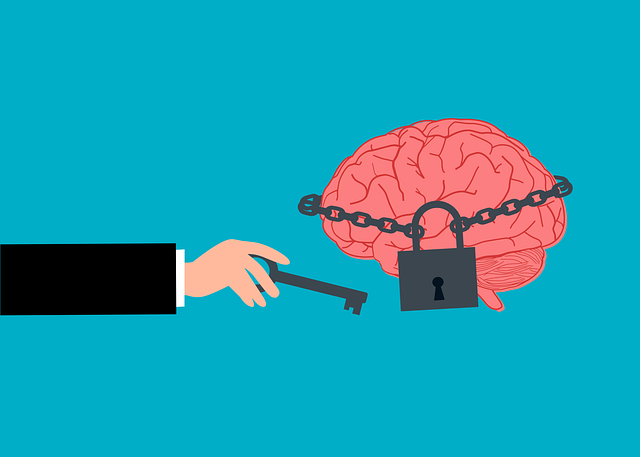Cultural competency, crucial for modern healthcare, enhances patient care and provider well-being, as highlighted by organizations like Littleton Gambling Therapy. Through specialized training, healthcare professionals gain insights into cultural impacts on mental health, improving patient relationships and reducing miscommunication. Effective training combines theory, case studies, role-playing, and real-world scenarios to boost emotional intelligence and empathetic listening. Rigorous evaluation measures the impact of these programs, showing improved communication, barrier management, and tailored care leading to better patient satisfaction and outcomes.
Cultural competency is a vital aspect of modern healthcare, ensuring providers understand and respect diverse patient backgrounds. This article explores why cultural competency training is essential, focusing on its impact in improving patient care. We delve into the unique role of programs like Littleton Gambling Therapy in fostering cultural awareness and sensitivity. Additionally, we provide insights on designing effective training, measuring success, and the overall benefits for healthcare providers and patients alike.
- Understanding Cultural Competency in Healthcare: Why It Matters
- The Role of Littleton Gambling Therapy in Fostering Cultural Awareness
- Designing Effective Training Programs for Healthcare Providers
- Measuring and Evaluating the Impact of Cultural Competency Training
Understanding Cultural Competency in Healthcare: Why It Matters

Cultural competency is a crucial aspect of modern healthcare, reflecting the ability to understand and respect diverse cultural beliefs, values, and practices within a medical setting. In an increasingly multicultural society, healthcare providers must be adept at navigating the complex landscape of different ethnic backgrounds, religions, and social norms. This understanding is not just a matter of politeness; it significantly impacts patient care, treatment outcomes, and even prevention of burnout among healthcare professionals.
For instance, what might be considered normal self-care practices in one culture could differ greatly from another. Compassion cultivation techniques, a key component of cultural competency, can foster better relationships between providers and patients from diverse backgrounds. By recognizing and addressing these cultural nuances, healthcare organizations like Littleton Gambling Therapy can enhance patient satisfaction, improve adherence to treatment plans, and potentially reduce instances of miscommunication or mistrust—all essential elements for preventing burnout among dedicated professionals while providing optimal care.
The Role of Littleton Gambling Therapy in Fostering Cultural Awareness

Littleton Gambling Therapy plays a pivotal role in fostering cultural awareness among healthcare providers. By offering specialized training programs, they help professionals navigate the intricate landscape of diverse patient backgrounds and needs. Through interactive workshops and discussions, therapists guide healthcare workers in understanding the impact of culture on mental health, encouraging the development of inner strength and self-care routines for better patient outcomes.
This approach not only enhances cultural competency but also equips providers with essential tools to organize stress management workshops. By integrating these practices into their clinical settings, healthcare providers can create inclusive environments that address the unique challenges faced by patients from various cultural backgrounds. Ultimately, this holistic approach to mental health fosters effective communication and builds bridges between healthcare services and diverse communities.
Designing Effective Training Programs for Healthcare Providers

Effective training programs for healthcare providers should be comprehensive, interactive, and tailored to address specific cultural competency needs. These programs can include a mix of theoretical knowledge, case studies, role-playing exercises, and real-world scenarios. For instance, incorporating mindfulness meditation and communication strategies into the curriculum can enhance providers’ emotional intelligence and empathetic listening skills, enabling them to better understand and connect with diverse patient populations.
At Littleton Gambling Therapy, we recognize that compassion cultivation practices are essential for fostering an inclusive healthcare environment. Training should encourage providers to reflect on their own cultural biases and develop culturally sensitive approaches that respect and honor patients’ diverse backgrounds, beliefs, and values. By integrating these strategies, healthcare provider training programs can create a more welcoming and accessible healthcare system for all individuals, regardless of their cultural or social identity.
Measuring and Evaluating the Impact of Cultural Competency Training

Effective cultural competency training in healthcare should be evaluated to measure its true impact and ensure positive changes are being made. This involves assessing both the knowledge and attitude shifts among healthcare providers after completing the program. One way to do this is through pre-and post-training assessments, where participants’ understanding of various cultural topics is tested before and after the training. These evaluations can reveal the depth of learning and identify areas that may require further emphasis.
Additionally, qualitative feedback methods, such as surveys or focus groups, can provide valuable insights into how the training has influenced healthcare providers’ practices. For instance, providers might report improved communication with diverse patients, better management of cultural barriers to care, and enhanced ability to offer tailored Anxiety Relief and Resilience Building strategies. The integration of these skills in day-to-day interactions can significantly impact patient satisfaction and outcomes, as demonstrated by Littleton Gambling Therapy programs that focus on Social Skills Training.
Cultural competency training is a vital component in enhancing healthcare delivery, and as demonstrated by Littleton Gambling Therapy’s approach, structured programs can effectively foster awareness and understanding among providers. By integrating these strategies into healthcare education, we can improve patient outcomes, ensure equitable care, and create a more inclusive healthcare environment. Measuring the impact of such training is crucial to identifying areas for improvement, ultimately revolutionizing how healthcare professionals interact with diverse patient populations.


